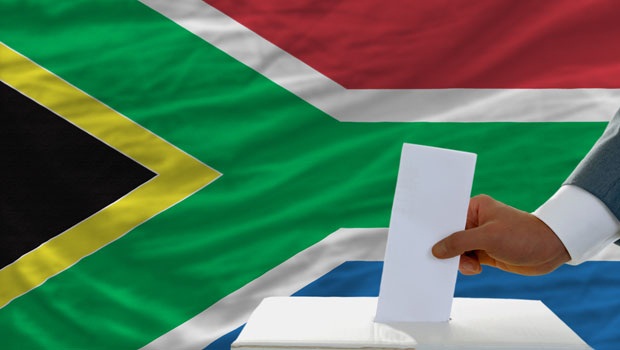There is a TikTok meme that goes something like, “You’re not really into politics?”. After the voiceover says it’s “fair enough”, he demands to know what they’re really into, perhaps Transformers or Pokemon? He then proceeds, with profanity, to scorn the subject of his fury as being a “child”.
It’s funny as a meme, but the reality is that youth are increasingly disinterested and apathetic towards voting. It’s childish. It’s reckless. It’s irresponsible. It is important to at least know what’s going on in your ward and shape these happenings through elections. Failure to do so can lead to a host of problems.
This week, the Independent Electoral Commission (IEC) kicked off its voter registration campaign ahead of the 2023 national and provincial elections. Nearly 220 000 eligible South Africans registered within four days of its launch, though many youth obstinately declined to register, much less cast their ballots.
Voter turnout, usually defined as the percentage of registered voters who actually voted in an election, peaked in South Africa in 1999 when 89.3% of registered voters showed up. The last election, however, produced the lowest turnout in our democratic history when less than half (45.8%) of voters actually cast their ballots.
The reasons for this apparent disillusionment among the electorate are manifold. This lack of participation is more sharply accentuated among the youth. In some instances, there is a conscious decision on the part of youngsters to stay away from the polls on election day ‘because it doesn’t benefit me’. This is a vague excuse that doesn’t hold up against proper reasoning.
In other instances – possibly most – there is simply a lack of understanding as to why voter participation is important in a democracy. The need for electoral reform has also disinclined a few from voting, as has the illusion of violent demonstrations being disproportionately more effective. There have also reportedly been administrative barriers contributing to low turnout among youth.
SMread: Home Affairs challenges court order allowing Afghan asylum seekers entry
Disillusionment
To address the disillusionment among youth, we look at the context in which this disillusionment is permitted to fester. This factor is in line with a broader trend of disillusionment and decline among the electorate.
In a survey of voter turnout in the 2021 local government elections, Martin Bekker and Carin Runciman found a concerning lack of participation with jaw-dropping statistics. The survey revealed that “of the nearly 1.8 million 18-19-year-olds who were eligible to vote in the last election, 90% did not register”. Not dissimilar was the finding that more than 60% of the 20 to 35 cohort – also considered youth – registered to vote.
Nineteen percent from the above study claimed a lack of change for themselves and their communities as their reason for not voting . This is a driving factor of disillusionment that is prevalent among youth, but also among the broader electorate.
SMread: Where is the Covid-19 grant increase
The result of voter apathy
One of the prominent results of declining voter turnout is an increased risk of instability. In South Africa, this is particularly manifested by the instability and chaotic effect of premature coalition governments at metro levels and quite likely on a national level next year.
A conscious decision not to vote also speaks much about one’s values. As noted by Runciman and Bekker, “not registering to vote is a preemptive disengagement from electoral democracy, while being “too busy” suggests that participating in electoral democracy is not strongly valued by some. These reasons are deeply suggestive of a particular form of disengagement from electoral democracy”. This is concerning.
A study by Citizen Surveys and the Institute for Democracy in South Africa found that more than half of South Africans judged municipalities as performing “fairly badly” or “very badly” in maintaining roads (56%), maintaining marketplaces (55%), managing land use (54%), and maintaining health standards (50%). Local governments scored slightly better on keeping communities clean (52% said this was handled “fairly well” or “very well”). All the more reason we need to show up in droves and shape change!
The problem with disillusionment is that it is a self-reinforcing challenge that perpetuates voter apathy. Furthermore, the effects of this – unstable coalitions – themselves tend to become self-reinforcing just as well.
The Bill of Rights gave you a right to vote. Each right is a responsibility too, and your apathy is neglect. Failing to vote gives you no authority to complain when things fall apart. Go register to vote
